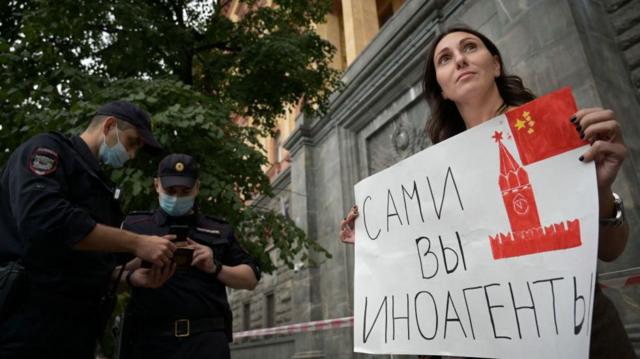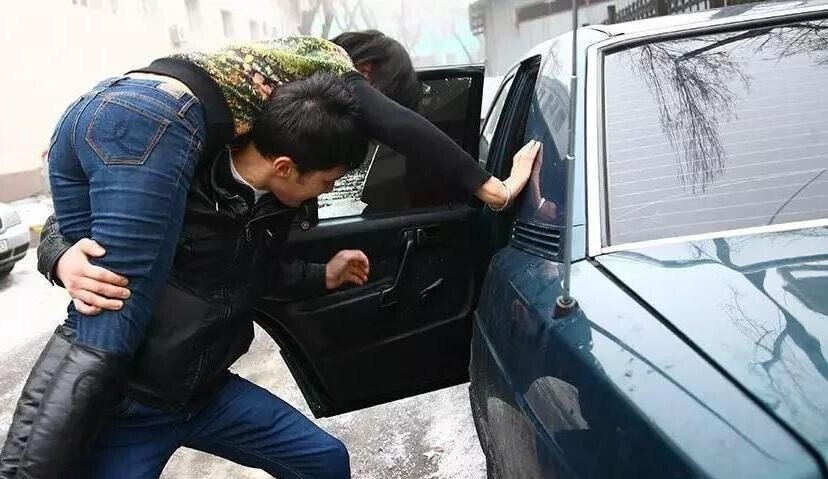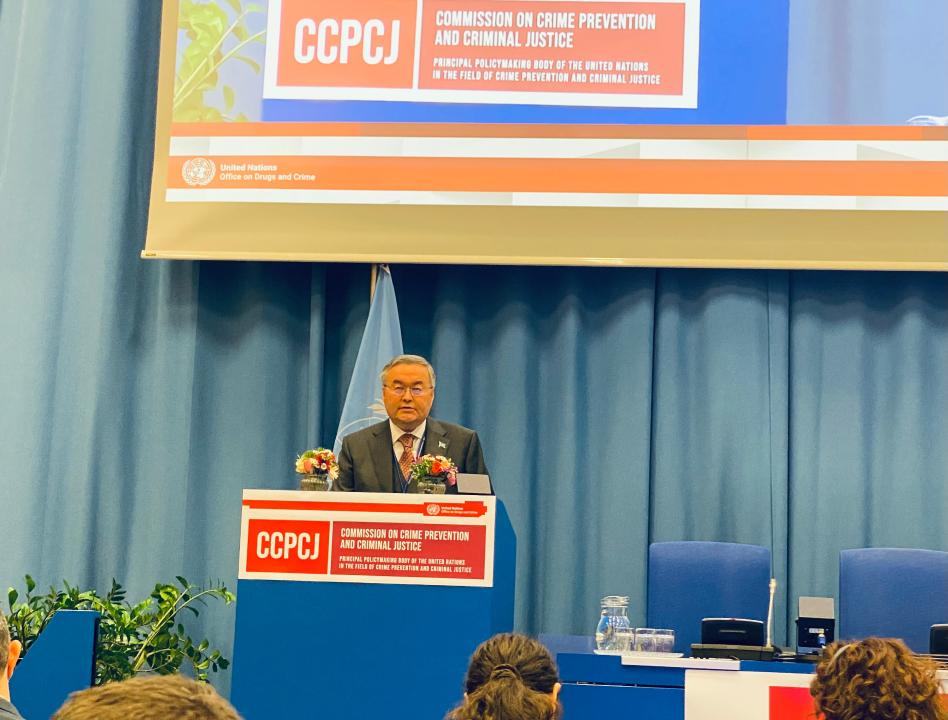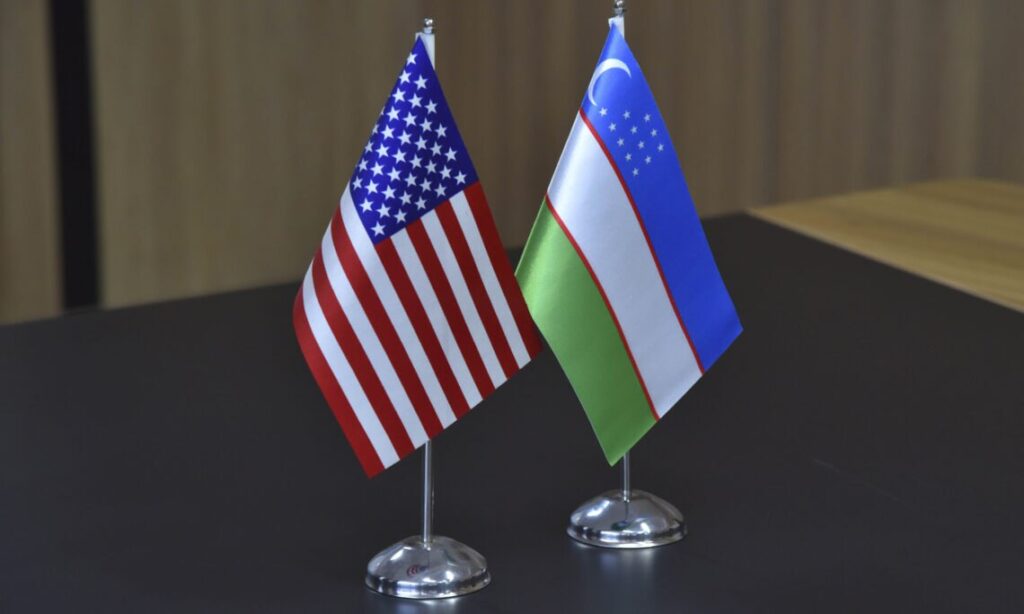The situation with floods in several regions of Kazakhstan remains critical. In Atyrau region, it has already acquired the character of a political crisis; in the city of Kulsary, since May 15, residents, dissatisfied with the amount of compensation offered have continued to speak out. On May 20, the Ministry of Emergency Situations of the RK provided operational information on the flood situation. In Petropavlovsk, work on pumping out the remaining flooded 29 territories continue. During the day 153,320 cubic meters were pumped out. Due to the stabilization of flood situation in general, work in the region also involved rescuers from Almaty, Abay, Ulytau, Akmola, Karaganda, Kostanay, Pavlodar and Turkestan regions. In Atyrau region 66,770 cubic meters of water were pumped out from flooded areas, whilst around-the-clock monitoring of the water level of the River Zhaiyk and additional bank reinforcement works were undertaken in Atyrau and Makhambet districts. "Disinfection work is being carried out in drained houses and territories. Over the past six days, the units of radiation, chemical and biological protection of the Ministry of Emergency Situations in the villages of Teplichnoye, Olshanka, Sokolovka, Vishnevka, Beskol, Pribrezhnoye of Kyzylzhar district of North Kazakhstan region disinfected 307 houses in the city of Kulsary of Atyrau region and some 165,000 square meters," officials stated. Some 61,348 evacuated people have returned to their homes, whilst 5,460 remain in temporary accommodation centers. About 22.4 million cubic meters of water from 11,319 private residences and 3,593-yard territories have been drained. Nevertheless, the water level in the River Zhaiyk remains at a critical level. In this regard, Kazakhstan continues to reduce spending on hospitality events, and today the International IT Forum Digital Bridge 2024, which was to be held from September 5-7 in Astana, was canceled. The organizers of Digital Bridge - the Ministry of Digital Development, Innovation and Aerospace Industry of the Republic of Kazakhstan and the international technology park Astana Hub - reported that given favorable circumstances, it will resume its work in 2025. Last week, on May 15, residents in the town of Kulsary went to the building of the district Akimat (local authority) to demand compensation in the amount of 400,000 tenge ($905) per square meter of flooded houses. On May 16, eyewitnesses reported that outraged residents were still outside the Akimat having pitched tents and blocked the central street. Internet outages were observed in the city. On May 17, Atyrau Oblast Akim Serik Shapkenov arrived in Kulsary, where he said that when assessing the damage and determining the amount of compensation, many parameters were considered, from the quality of building materials, "down to the number of doors in the house... Now the average compensation per square meter when recognizing a house unfit for habitation is about 200-240,000 tenge per square meter ($540)," - he stated. Following the results of the tour, the head of the region instructed the Akim of the district to strengthen their explanatory work when familiarizing residents with the results of the assessment. On May 18, President...






